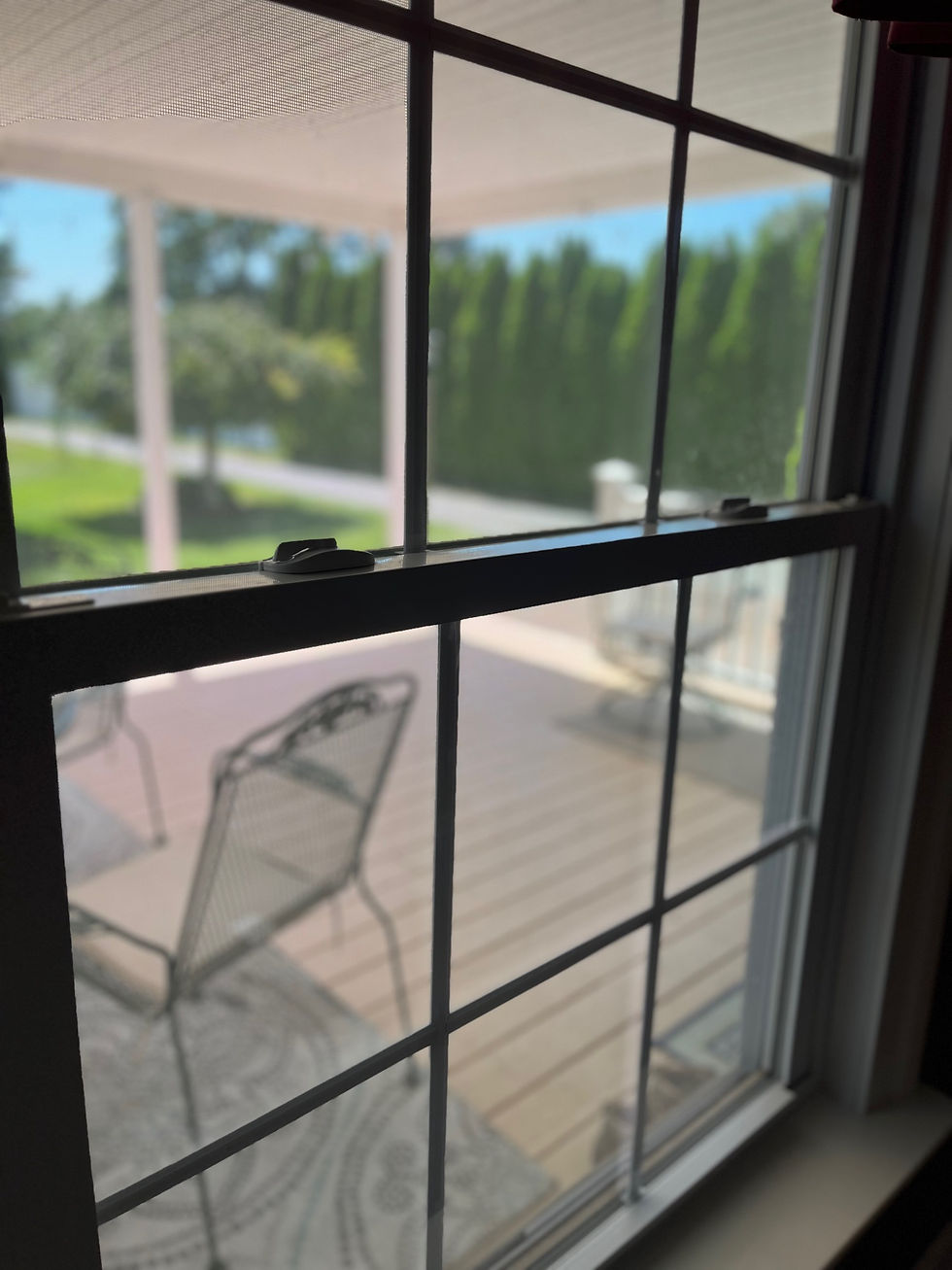The Father We Look To
- Zachary Vincent
- Jun 15, 2025
- 4 min read

Father's Day is a mixed bag. For some, Father's Day is a celebration to honor the life of the man that help make us into the people we are today. It is a time to remember and remind us of the blessing of a father's presence in the lives of his children. No father is perfect. However, we recognize that our father did the best he could in both good times and bad times. Though only human, our fathers are the best that we could have asked for and who we continue to aspire to be.
And yet, for some, Father's Day is a painful reminder of the brokenness of humanity. Father's Day is a time of grief for the missed opportunity for fatherhood. The memories of emotional or physical absentness still haunt those that experience the emptiness in their home. The scars of abuse and maltreatment are still fresh and never fully heal. To honor and remember fathers is- for those who have had bad experiences- like memories of war that have resurfaced after hiding in the depths of the mind. Father's Day carries with it the baggage and pain of the past.
Whatever your experience with your father, there is something each person has in common. Our view of our father is a window for our window into who God is. Scripture continuously reminds us of God as our Father. Paul continues to refer to God as Father in Romans 8:15, 1 Corinthians 8:6, 2 Corinthians 1:3-4, Ephesians 4:6, etc. God is linked throughout the Scriptures with the mantle of father which means that our first introduction to the Father is through our own.
Our view of our father is a window for our window into who God is.
So, what do we do when our own fathers don't point to the Father over all creation? For those who've experienced the brokenness of human fathers, viewing God as a loving and good father is difficult. They have known model, dim may it be, by which to point to. All they know is the lack of a good thing and any association with the idea of that good thing is, by default is evil. It is easy to base reality off of our experiences. It's what we're familiar with, it's what we're comfortable with. But, to take a chance, especially with a father wound could potentially lead to hurt again.
Instead of risking the hurt that may or may not occur, those who experienced father wounds struggle to allow God to be their Father. They struggle because the notion of a good father seems like an impossibility. They fear being vulnerable and allowing themselves to be loved by a father. Their world has been defined by their experiences. And the irony is those with good fathers also define their experiences.
For those with good fathers who they look up to, the idea of calling God Father is something easy to do. After all, those with good fathers experience love and safety with their fathers. They feel confident with who they are because they have poured into by a man who understands his role in his son or daughter's life. For that individual, they have certain expectations of what a "good father" may look like. Their expectations of what constitute what a good father is is clouded by their own experiences.
For that individual, they have certain expectations of what a "good father" may look like.
Both those who struggled with their fathers and those who did not struggle view what a father is through their own experiences, but neither are the exact representation of what a father is. A earthly father can only point to something more. For those with good fathers, he could only point toward the more infinitely good. A Father that is not broken and is a perfect Father. An earthy father can also point their children away from the infinitely good by misrepresenting a role that God formed first.
For those who have had good fathers, the challenge is to trust the infinite good and trust God will do all things good according to His purposes (Rm 8:28). Look at the one true Good Father without expectations, knowing that earthly fathers are only a shadow of what's good.
For those who did not have good fathers, who still remember the bite of pain throughout your childhood. Know that your father did not represent the good because he cannot represent what is good with the absence of it. The Good Father is the opposite of your early father and wants to be the "Father to the fatherless" (Ps 68:5). He wants to show you what a Good Father looks like if only you let Him.
Whether you experienced a good father or a bad father, Father's Day is day to acknowledge that none of our experiences represent the one Good Father. All other experiences fall short of who God is. The challenge before us is to understand that we live in the tension between brokenness and shadow. It is up to us to come before THE Father without expectation, willing to take a chance that He is good and cannot represent brokenness. Father's Day may be a day that we celebrate or grieve. But God gives us the opportunity to look to Him for the goodness and the love we seek. The question is, will we look past our own experiences, good or bad, and look to the one who fulfills our every need.



Comments